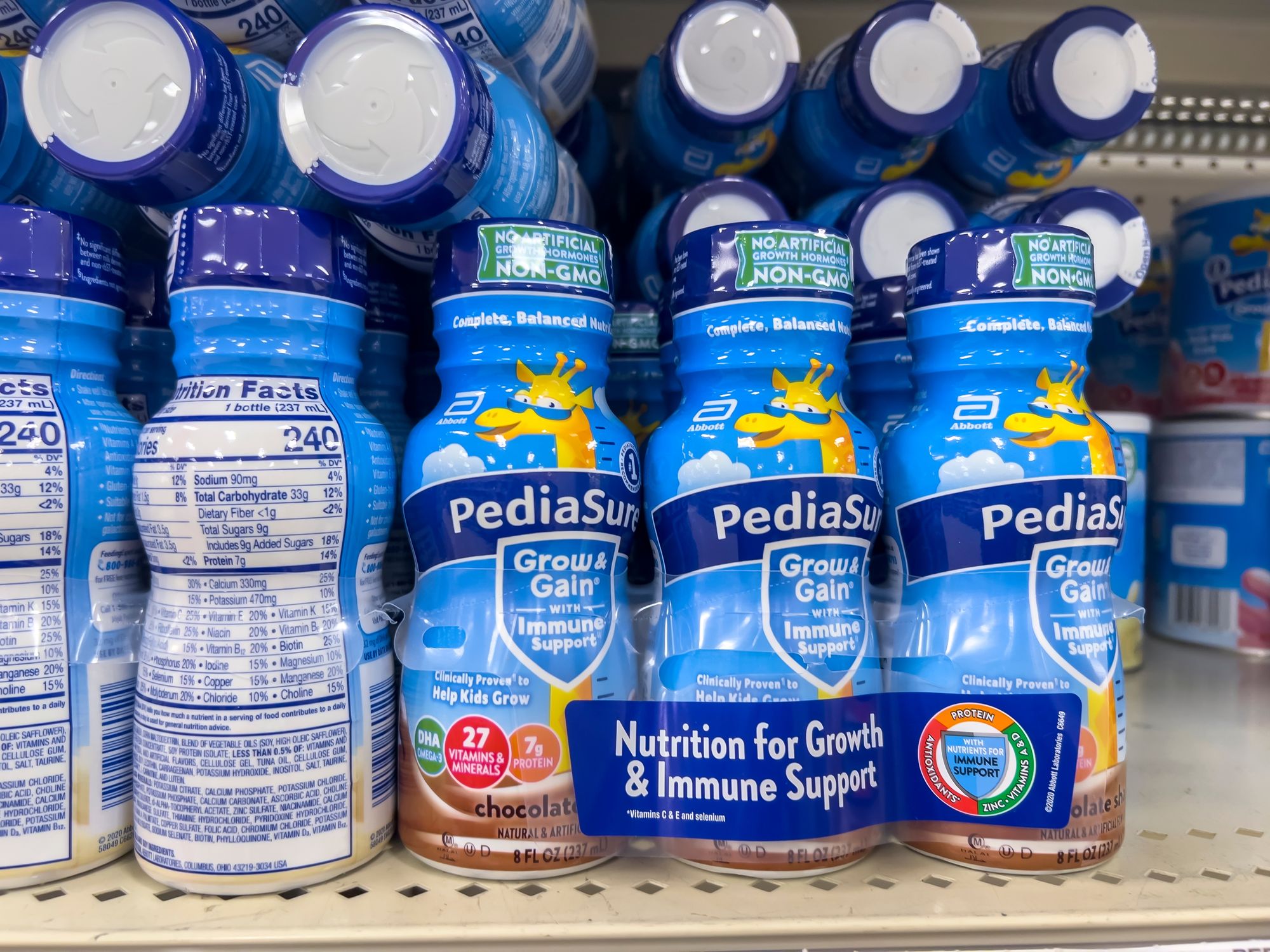Bronx Grandmother Sues PediaSure Maker Alleging Misleading Claims


In a surprising turn of events, a Bronx resident, Joanne Noriega, has filed a lawsuit against Abbott Laboratories, the makers of the popular child nutrition drink PediaSure. Noriega has alleged that the company falsely advertised its product as a potential solution to her 8-year-old grandson's short stature. The lawsuit is seeking unspecified damages for New Yorkers who were deceived into buying or overpaying for PediaSure.

Noriega started giving her grandson two PediaSure drinks daily last year, hoping it would help him catch up to his peers in terms of height. However, by February of this year, she noticed that her grandson was not only still short for his age but had also become significantly overweight. This prompted her to stop buying the drinks.
In her lawsuit, Noriega has dismissed PediaSure as "just a flavored sugar and milk-based drink that contains vitamins," which, in her view, "is not a cure for shortness." She added that Abbott is aware from its own studies that its claims are false and misleading.

Abbott, on the other hand, has stated that PediaSure is designed for children aged two to 13. The Illinois-based company asserts that PediaSure has been clinically proven to help children "grow out of at-risk weight-for-height percentiles (5th-25th percentiles)" within eight weeks.

It's important to note that the primary goal of PediaSure, according to Abbott, is not necessary to make children taller but to ensure they receive a balanced diet and gain weight healthily when necessary. This includes children who might be underweight or picky eaters who might miss out on essential nutrients.

The PediaSure controversy is just one part of a bigger problem for Abbott. The company's pediatric nutritional segment, which includes PediaSure, Pedialyte, and Similac, suffered a significant blow last year. U.S. sales from the unit fell 29%, largely due to a recall of infant formula from a Michigan plant.

As this case progresses, it raises important questions about the marketing of child nutritional products and the responsibility of manufacturers to ensure clear and accurate information for consumers.
While the lawsuit has only just been filed, and it remains to be seen how the court will rule, it's clear that this case could have wide-reaching implications for both Abbott and the broader industry. It underlines the importance of clear communication about the benefits and limitations of nutritional supplements, and it may prompt other consumers to scrutinize the claims of nutritional product manufacturers more closely.

Ultimately, it serves as a stark reminder for parents and caregivers to consult with healthcare professionals before implementing any significant dietary changes for their children.


